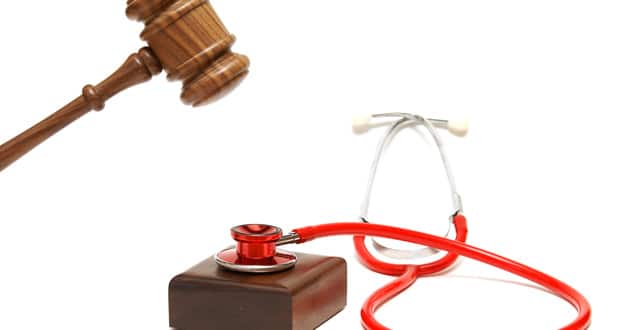In the weeks following the Cervical Check scandal, prominent members of the Government were quick to make public statements that no woman affected by the controversy should have to go to court to prove her case. A number of subsequent high-profile cases quickly proved that these statements were rather hollow.
It transpired that the Government did not really have any control over how these cases were to be conducted as they involved entirely independent laboratories with their own legal representation, as well as the State Claims Agency, who act for the HSE. The Government then backtracked, stating that issues of liability needed to be determined in the first instance, ie, negligence was not simply to be admitted by the State as had been previously alluded to in the Government’s responses to the media backlash.
In the end, at the request of Minister for Health Simon Harris, Mr Justice Charles Meenan of the High Court began a review into how these cases could be best dealt with in a meaningful way outside of the courts process, while, at the same time, respecting both Plaintiff and Defendants’ legal rights.
On 16 October 2018, Minister Harris published Judge Meenan’s concise report. In it, Judge Meenan recommended that a tribunal, headed by a sole chairperson (a serving or retired Judge of the Superior Courts) be established to hear and determine claims arising from CervicalCheck.
Judge Meenan recommended the following key features:
1. The tribunal hearings be held in private.
2. The statute of limitations would apply to the tribunal in the same manner as it does in legal proceedings.
3. The chairperson would have the power to determine liability, award damages and make orders as to costs.
4. The chairperson may be assisted by an expert if necessary.
5. Cases can be “fast-tracked” where liability is not at issue.
6. Orders of the tribunal may be published, but with the parties remaining anonymous.
7. A right of a full rehearing to the High Court would exist.
8. The chairperson would be tasked with publishing a report detailing his/her determinations and findings.
It is proposed that that such a tribunal would provide a less adversarial, less costly and more efficient route for women and their families seeking to resolve their claim. However, while there is much to be welcomed in the report, a tribunal is not a magic fix for those who have been affected by the controversy.
For example, the tribunal guarantees anonymity as the hearings will be held in private. While, on the face of it, this seems like a positive feature, it may have the unintended consequence of benefitting defendants who would not be open to public scrutiny of their actions and tactics.
Another proposed benefit is the suggested shorter waiting times. However, to date, the presiding judge of the personal injuries list, Judge Cross, has fast-tracked and finalised a number of these cases, ensuring early trial dates were given where the plaintiff has a shortened life expectancy. They have also been actively case-managed by the court to ensure deadlines are met.
The full right of appeal available from the tribunal to the High Court may delay cases further. Either party is entitled to appeal simply because they are unhappy with the tribunal’s outcome – rather than on a point of law, which is currently required if an appeal is to be brought from the High Court to the Court of Appeal. One could envisage defendants lodging appeals against the findings of the tribunal, seeking a “second bite of the cherry”, further delaying plaintiffs’ finalisation of their case. It could be argued that the essence of the tribunal is still that of an adversarial court process and it has been described as a ‘High Court behind closed doors’ by some commentators.
It is not clear, therefore, whether this tribunal system could in fact deliver a less costly, more efficient system than the current fast-tracked High Court model, which has successfully dealt with a number of these cases already. One of the main, and perhaps justified, criticisms of the litigation process is the cost to the parties and the delay in getting a case on for hearing clearly contributes to the escalation of costs. If the tribunal does not deliver a more timely conclusion of cases, it may also not deliver the desired reduction in costs.
In order for the tribunal to be established, it will first need the approval of the Cabinet and then enabling legislation must be enacted. As ever, the detail of the legislation will need to be seen before it is possible to say whether or not the proposed tribunal will actually produce the desired effect. It is a welcome development that the Government, at the initiative of Judge Meenan, is prepared to consider reforming how these types of cases are handled, though it is disappointing that it took a scandal of this magnitude to make it happen. Ultimately, what everyone wants to see is that the women and families affected by this controversy are dealt with humanely and quickly and with the utmost respect for their dignity and rights.
Mr Jamie Hart is a Partner in the Medical Negligence Department of Augustus Cullen Law with over 10 years’ experience practising in the field of medical negligence litigation.












Leave a Reply
You must be logged in to post a comment.